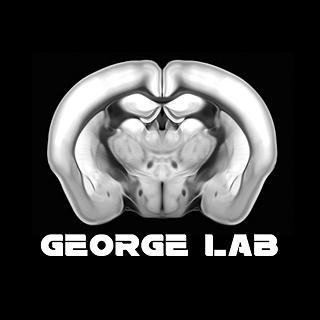Treating opioid use disorder one rat at a time.
- Olivier George
- Jan 14, 2020
- 1 min read

This paper provide preclinical evidence that targeting the D3 receptors may provide efficacy in the treatment of opioid use disorder.
Using an animal model for the study of opioid use disorder, researchers at University of California San Diego School of Medicine report that blocking the D3 receptor using a novel and specific antagonist (VK4-116) decreases the motivation to seek and take oxycodone and decreased the negative emotional states of opioid withdrawal.
The findings, published in the January 14, 2020 online issue of Frontiers in Behavioral Neuroscience, also demonstrate that this treatment works in both male and female and that it is most effective in individual with severe addiction-like behaviors.
Altogether, the present results and previous findings suggest that VK4-116 may be a promising pharmacotherapeutic agent for the treatment of opioid use disorder given its ability to reduce the motivation to take opioids and attenuate opioid withdrawal symptoms.
Dopamine D3 Receptor Antagonism Reverses the Escalation of Oxycodone Self-administration and Decreases Withdrawal-Induced Hyperalgesia and Irritability-Like Behavior in Oxycodone-Dependent Heterogeneous Stock Rats. Giordano de Guglielmo*, Marsida Kallupi, Sharona Sedighim, Amy H. Newman and Olivier George*, Ph.D. Front. Behav. Neurosci., 14 January 2020 | https://doi.org/10.3389/fnbeh.2019.00292
This study was supported by the National Institutes of Health grant DA044451 from the National Institute on Drug Abuse.






Comments